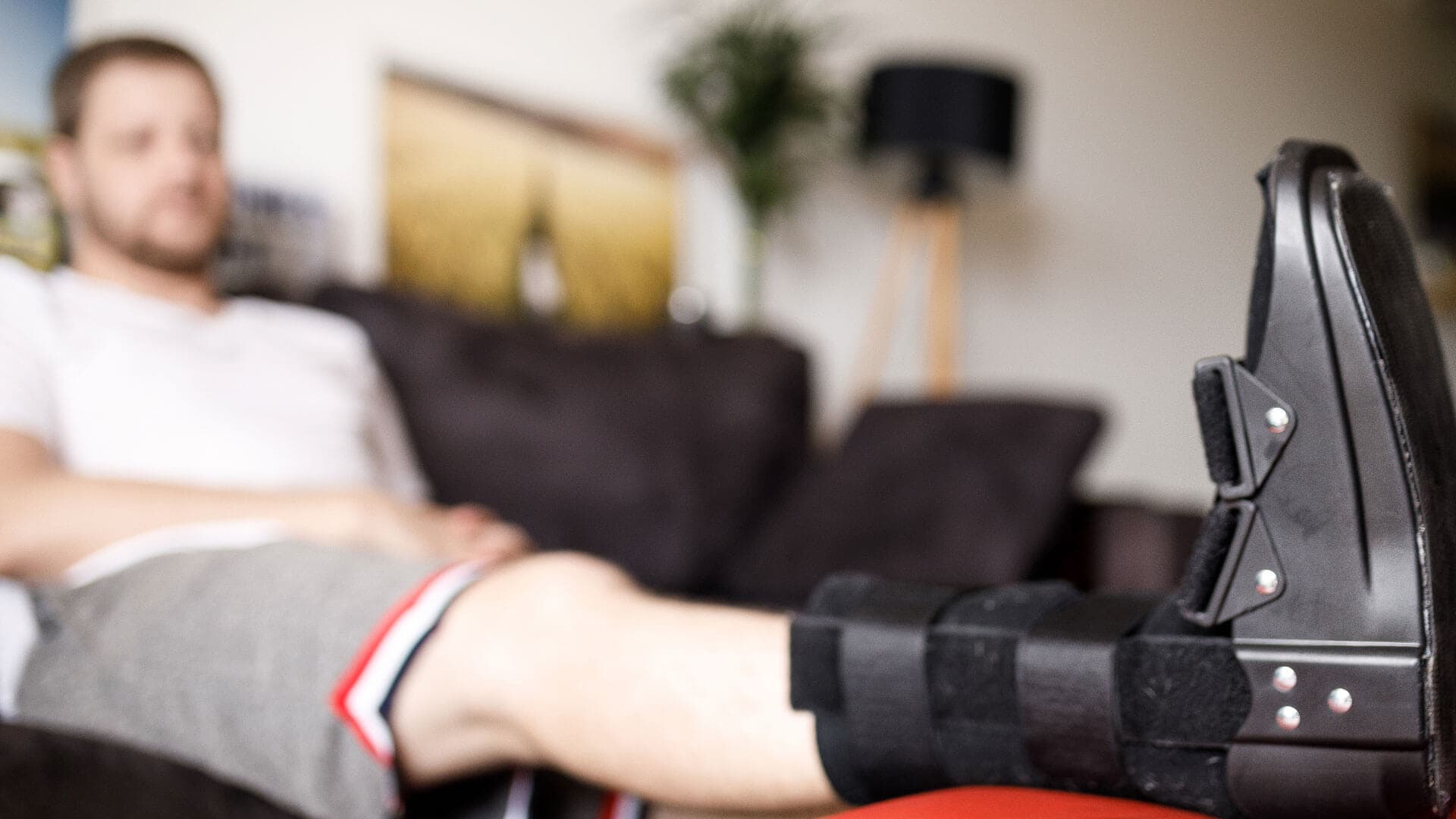Mental Health During Achilles Tendon Rupture Recovery

Recovering from an Achilles tendon rupture isn’t just a physical process — it’s a mental and emotional challenge, too.
The sudden loss of mobility, independence, and routine can impact your mood and motivation more than you might expect. Acknowledging this side of recovery is crucial to a full, healthy comeback.
The Emotional Impact of an Achilles Injury
An Achilles rupture can feel like your life has suddenly hit pause. For active individuals, athletes, or first responders, the transition from movement to immobility often triggers frustration, anxiety, or even depression.
Common emotions during recovery include:
- Shock and frustration in the early weeks of immobilization
- Loss of identity for those who define themselves through activity or sport
- Social withdrawal from missing events, work, or training
- Fear of re-injury once you begin walking again
Understanding that these feelings are normal helps reduce the sense of isolation many people experience during the healing process.
Maintaining a Positive Mindset
You can’t rush tendon healing, but you can manage your mental recovery intentionally. Try these strategies:
1. Set Small, Realistic Goals
Instead of focusing on the entire recovery timeline, break it down:
- Today: gentle ankle mobility or upper-body exercise
- This week: hit your hydration goals
- This month: reduce boot angle or increase walking distance
Each small win builds confidence and momentum.
2. Stay Connected
Isolation is one of the biggest mental health risks during injury recovery. Keep communication open:
- Join online Achilles recovery forums or local support groups
- Stay engaged with friends, teammates, or coworkers — even virtually
- Don’t hesitate to share how you’re feeling with those close to you
3. Move Your Body (Safely)
Exercise is a proven mood booster. Ask your physiotherapist which safe upper-body or seated workouts you can do. Even light movement releases endorphins that support emotional stability.
4. Practice Mindfulness
Breathing exercises, meditation, or journaling help you process frustration and stay grounded.
If meditation feels uncomfortable, simply sitting quietly for five minutes a day and focusing on your breath is a great start.
5. Celebrate Progress
Take photos or keep a short recovery journal. Looking back on your milestones — like your first steps without the boot — reinforces how far you’ve come.
When to Seek Professional Support
If you notice persistent symptoms such as:
- Constant sadness or irritability
- Loss of interest in normal activities
- Difficulty sleeping
- Feeling hopeless about recovery
…it’s time to reach out for help.
A sports psychologist, therapist, or mental-health counselor familiar with injury recovery can provide tools to manage emotional setbacks.
Final Thoughts
Healing from an Achilles rupture is both a physical and mental marathon. Prioritizing mental health will help you stay consistent with rehab, reduce stress, and improve your overall recovery outcome.
Remember — you’re not just rebuilding your tendon; you’re rebuilding your confidence, independence, and resilience.